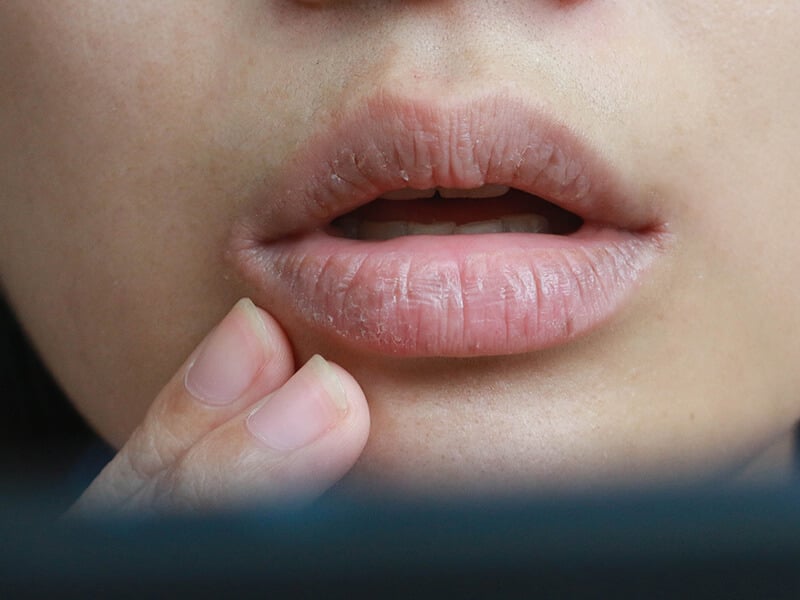
A cracked tooth refers to a tooth that has suffered a fracture or crack. According to the Australian Dental Association (ADA), cracks can vary significantly, ranging from minor ones that cause little to no discomfort, to severe fractures that extend to the tooth’s root, potentially causing significant pain and dental complications.
Recognising the Signs of a Cracked Tooth
Identifying a cracked tooth early on is essential for effective treatment. Here are some key symptoms to keep in mind:
1. Pain When Chewing or Biting:
The pressure of biting can cause the crack to open, creating a sharp, sudden pain.
2. Increased Sensitivity:
If you’re experiencing sensitivity to hot, cold, or sweet substances, it may be a sign of a cracked tooth.
3. Swollen Gums Around a Tooth:
Inflammation or swelling in your gums around a specific tooth could indicate a crack.
4. Intermittent Discomfort:
Unlike a typical toothache, pain from a cracked tooth can come and go, making it harder to diagnose.
Do remember, these symptoms can also suggest other dental issues. Thus, seeking a professional dental consultation is crucial for a proper diagnosis.
5 Common Causes of a Cracked Tooth
Understanding the causes of a cracked tooth can aid in prevention. The ADA identifies these common causes:
1. Chewing Hard Foods:
Biting down on hard foods like ice, nuts, or hard candy can cause teeth to crack.
2. Teeth Grinding or Clenching:
This habit, also known as bruxism, can place excessive pressure on your teeth, leading to cracks over time.
3. Age:
Teeth naturally weaken with age, increasing their susceptibility to cracks.
4. Large Fillings:
Big fillings can compromise the overall structure of a tooth, making it prone to cracks.
5. Trauma:
Any form of direct trauma to the mouth can result in a cracked tooth.
Next Steps if You Suspect a Cracked Tooth
If you suspect a cracked tooth, it’s crucial to contact your dentist promptly. Early detection can enable more effective treatment and prevent complications such as damage to the tooth root or infection.
4 Treatment Options for a Cracked Tooth
Treatment recommendations will depend on the crack’s severity and location. According to the ADA, these may include:
1. Bonding:
For minor cracks, bonding with a plastic resin can fill the crack and restore the tooth’s appearance and function.
2. Crown:
If a large portion of your tooth is affected, a crown may be required. This protective cover can shield the tooth from further damage.
3. Root Canal:
If the crack extends into the tooth’s pulp, a root canal may be necessary. This procedure removes the damaged pulp, preventing or treating infection.
4. Extraction:
In severe cases where the tooth cannot be saved, extraction may be the only option. It’s then usually replaced with an implant or bridge to restore function and appearance.
Conclusion
Cracked teeth are a common dental issue that can cause significant discomfort if not addressed promptly. Being aware of the signs and seeking immediate professional advice is key to maintaining your oral health. Remember, regular check-ups with your dentist are also crucial in preventing dental issues and catching them early when they do occur.
Latest Posts
What are the best dental care tips for seniors?
Dental care for seniors is crucial for their overall health and well-being. As we get older, our teeth…
How can you prepare for dental surgery?
Preparing for dental surgery is a key step to making sure you’re ready for the procedure and can…
What are the signs of TMJ disorders?
Recognizing the signs of TMJ disorder early on is crucial for getting the right help and feeling better…
How can hormonal changes affect oral health?
Hormones and oral health are closely connected, and it’s something everyone should know about. Hormones are like tiny…
What are the effects of dry mouth on dental health?
The effects of dry mouth on your dental health are important to understand. Saliva keeps your mouth clean…






